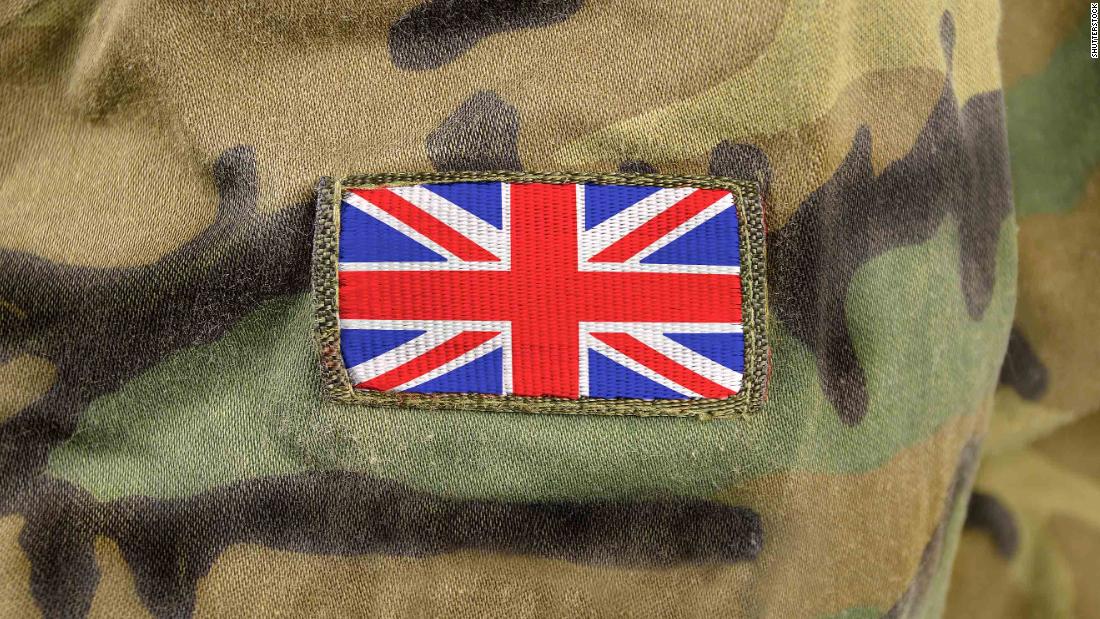
Only straight people were allowed to serve in the British Armed Forces until the turn of the century, and troops whose sexuality was discovered often saw their honor removed before they were fired.
They can now apply to have them repaired.
It comes after a legal campaign by Falklands War veteran Joe Ousalice, who was forced out by the Royal Navy in 1993 for being bisexual and who lived in poverty upon his return to the country.
He previously told the BBC that when his superiors discovered his sexuality, “they cut (the medal) off my chest with big scissors.”
British Prime Minister Boris Johnson wrote in a tweet on Tuesday: “Those who serve in our armed forces deserve full credit for their service.
“It was a very grave injustice that some members were denied this simply because of their sexuality.
LGBTQ groups welcomed the move but urged the government to move forward and address other consequences faced by people who were fired for their sexuality.
“It is deeply regrettable that because of their sexuality, some members of the armed forces have been treated in the past in a way that would not be acceptable today,” Defense Secretary Annabel Goldie said in a statement.
“As a result of disciplinary action and their dismissal, some staff lost the medals they had earned, and others were denied continued service, which could have resulted in the recovery of medals forfeited for various reasons.”
The Defense Department said it was “determined to address this historic flaw” and encouraged veterans to apply. Family members can apply on behalf of a former troop who has passed away.
LGBTQ campaigners have urged ministers to also file claims for compensation, lost pension rights, veterans’ mental health, and other issues facing people affected by pre-2000 legislation.
“This is the first step in recognizing broader reparations,” said LGBTQ service group Fighting With Pride. “Our goal is to ensure that the impact of all historical wrongs is recognized and properly addressed, not just the return of medals.”
The UK government has taken into account the ramifications of a number of historic homophobic laws in recent years.
In 2016, the UK government announced that thousands of gay and bisexual men convicted under the now-repealed sex crime laws would be pardoned posthumously.
The bill was dubbed the “Turing Law” – named after World War II codebreaker Alan Turing, who committed suicide in 1954 after being subjected to chemical castration as punishment for homosexual activities.